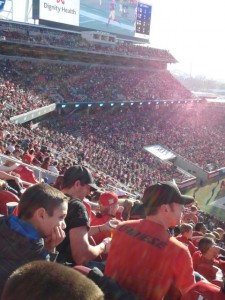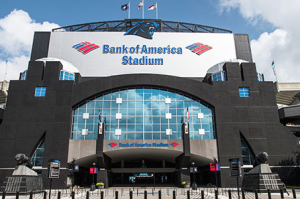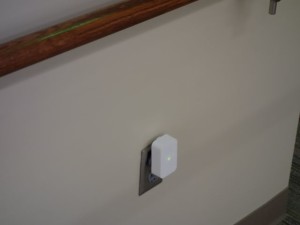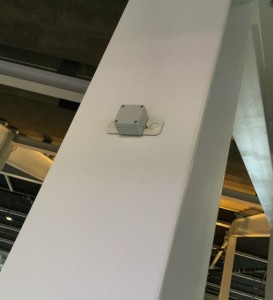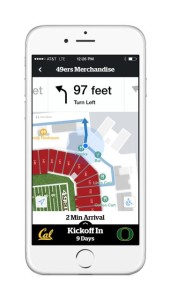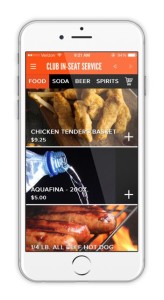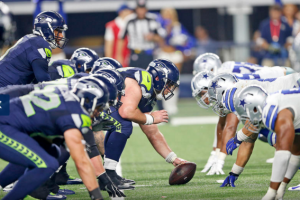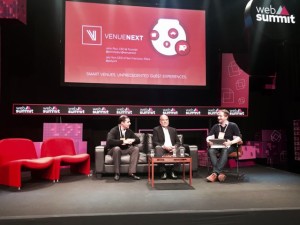Editor’s note: The following team-by-team capsule reports of NFL stadium technology deployments are an excerpt from our most recent Stadium Tech Report, THE PRO FOOTBALL ISSUE. To get all the capsules in one place as well as our featured reports, interviews and analysis, download your free copy of the full report today.
NFC WEST
Reporting by Paul Kapustka
San Francisco 49ersLevi’s Stadium
Seating Capacity: 68,500
Wi-Fi – Yes
DAS – Yes
Though the San Francisco 49ers didn’t quite live up to expectations last year, the team’s new stadium delivered on its technological promise, especially on the Wi-Fi network front, where service was solid from day 1, supporting the innovative stadium-app features like food delivery to every seat and instant replays. And while there were no complaints about the stadium’s DAS, carrier customers paid deployment firm DAS Group Professionals to completely replace the system this offseason, to better handle even more traffic expected at Super Bowl 50, which will take place at Levi’s in February.
Arizona Cardinals
University of Phoenix Stadium
Seating Capacity: 63,500
Wi-Fi – Yes
DAS – Yes
If you want great Wi-Fi, by all means have your facility host a Super Bowl. The latest recipient of a high-fidelity network (using Cisco gear and deployed by CDW), the University of Phoenix Stadium set Wi-Fi records last February at the big game, with more than 6 terabytes of data used.
Seattle Seahawks
CenturyLink Field
Seating Capacity: 72,000
Wi-Fi – Yes
DAS – Yes
CenturyLink Field, once a joke because it was a stadium named after a phone company that had poor connectivity, is now into its second year of a Wi-Fi deployment from Extreme and Verizon Wireless, where Verizon customers get their own part of the network. Watch for more innovation in Seattle on the app side, with multiple camera angles available for replays.
St. Louis Rams
Edward Jones Dome
Seating Capacity: 66,000
Wi-Fi – No
DAS – Yes
Still no Wi-Fi at the Edward Jones Dome, as the team continues to ponder its future and whether or not it will stay in St. Louis.
Fans should still have good cellular connectivity thanks to the Mobilitie neutral-host DAS installed last season.
